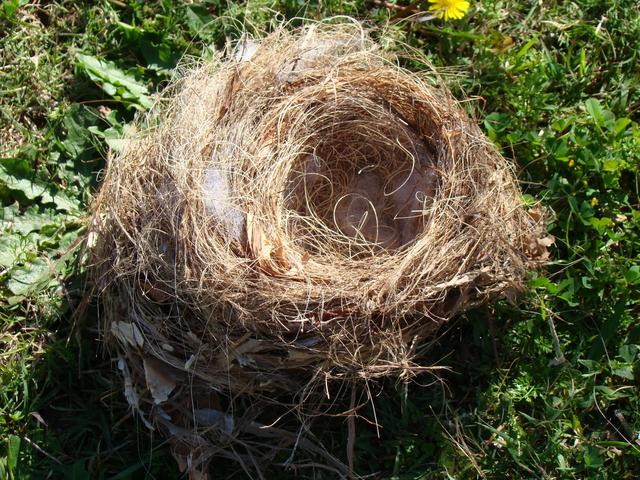Birds are one of the most common animals we see, especially birds like sparrows, turtledoves, pheasants and magpies, which are often seen in flocks. However, one thing that is strange is that with so many birds, we rarely get to see bird nests, why is that?
Birds do not return to their nests most of the time
With the exception of nest parasitic birds (such as the great cuckoo, which likes to 'borrow the nest to lay eggs'), birds have a nesting habit and in our perception, the nest is the bird's home and they go home every day, so follow the birds in the evening and you will find their nest. I thought the same thing when i was a child. I once followed birds such as sparrows and pheasants, but they all ended up in vain. Later, after learning about their habits, i realised that following birds has only a very small chance of finding their nests, why is that?
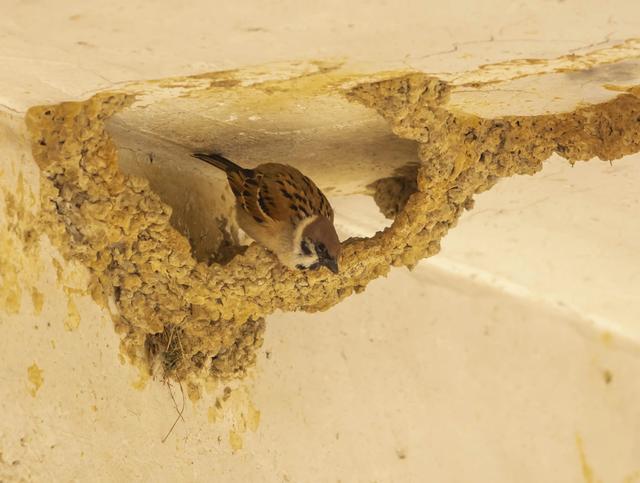
It turns out that for most birds, the nest is not their home, but a place to breed their offspring. Most birds spend time and effort building a nest just to breed, and once the breeding season is over and the chicks are ready to fly, the nest is usually abandoned.
However, from our point of view, using a nest as a home can be beneficial, as it is warm and sheltered from the wind and rain, but it is a constraint for birds, as using a nest as a home means that their foraging range is limited to the nest, and they are more likely to be targeted by predators if they are in a fixed location.
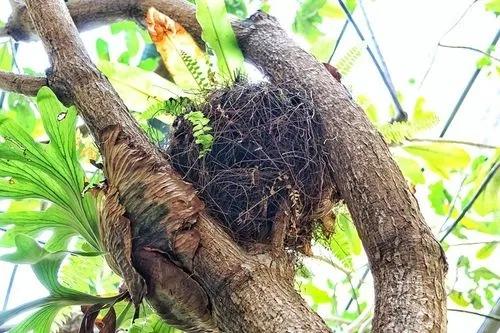
Therefore, most birds are usually at home in various places, foraging for food and resting at night in a sheltered place, for example, sparrows like to rest in abandoned houses, pheasants like to rest in trees in the wild, and so on, far away from their nests, which is one of the reasons why it is not easy for us to find the nests.
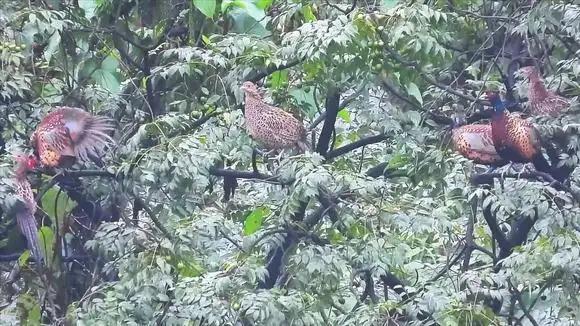
Bird nests are usually in secluded places
There are two reasons why magpie nests are obvious: Firstly, they are usually built at the top of tall trees so that predators on land do not pose a threat to their eggs or chicks; secondly, magpies are flock-dwelling birds and if there is a threat from the air, such as some hawk-like raptors, they will use their shrill calls to this is why they dare to build their nests in such a conspicuous position.
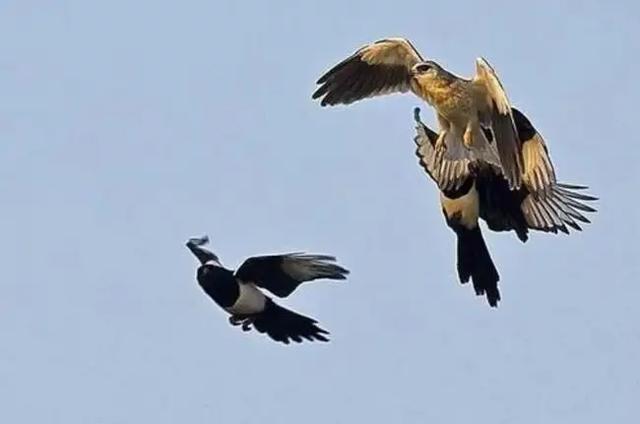
Magpies besieging an eagle
So, where do most birds hide their nests? Let's take a few of the common birds mentioned above as examples.
First: The sparrow. Sparrows are one of the birds i am most familiar with. I used to catch them as a child, so i know them by heart. In rural areas, sparrows living in villages usually build their nests under the eaves of the house, but this eave is not like the eaves of swallows, they like to build their nests under the tiles of the eaves, this place is hidden and sheltered from the wind and rain, if you don't reach in and dig, you won't even know there is a sparrow nest inside.
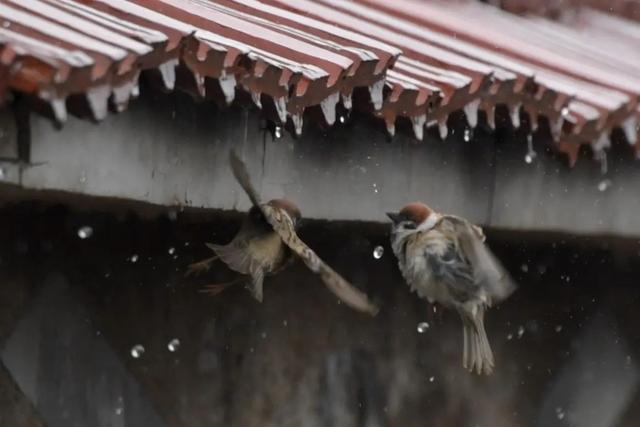
In cities it is different, they have no eaves to pull out and they don't nest here themselves. Sparrows living in cities usually choose two places: The first is the village at the edge of the city, which takes up less space because the distance they need to fly is too long; the second is the bushes on the sides of the roads or in the parks in the city, especially the bushes in the parks are their favourite places.
So, in both urban and rural areas, sparrows' nests are in more secluded places, which is the main reason why we rarely see them.
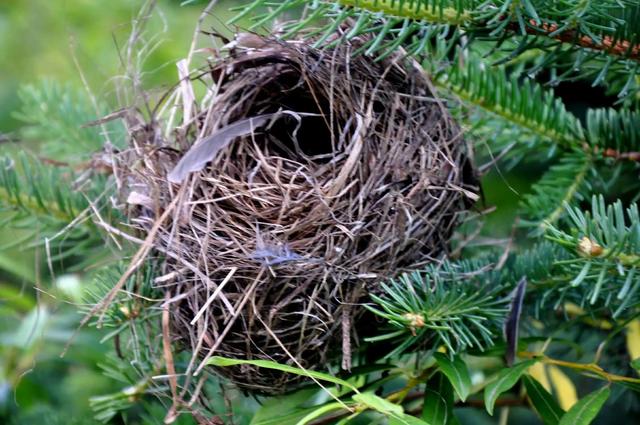
Second: The pheasant. The pheasant, scientifically known as the pheasant, is not an ancestor of the domestic chicken, being genetically far removed from it, and morphologically it has tasting tail feathers, which are also completely different from the domestic chicken. The pheasant is likewise one of our most common birds, especially in the fields or on the hills, where we can often see them flying or hear their calls.
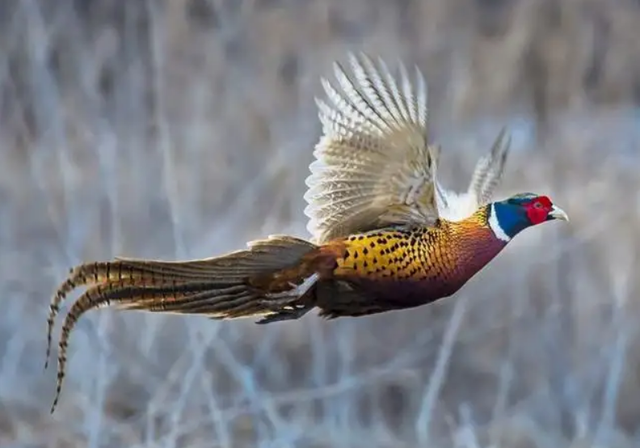
Unlike other birds, pheasants nest on the ground, which is very similar to domestic chickens, but their nests are still not easy to find. Pheasants mainly choose nesting sites in wheat fields or in the bushes in the wild.
On top of that, pheasant nests in the bush in the wild are hard to find because pheasants nest by simply digging a shallow pit and then laying some hay on it and then haphazardly leaving it, which is really hard to spot without looking closely (featuring a shallow pit with grass and lots of pheasant feathers nearby).
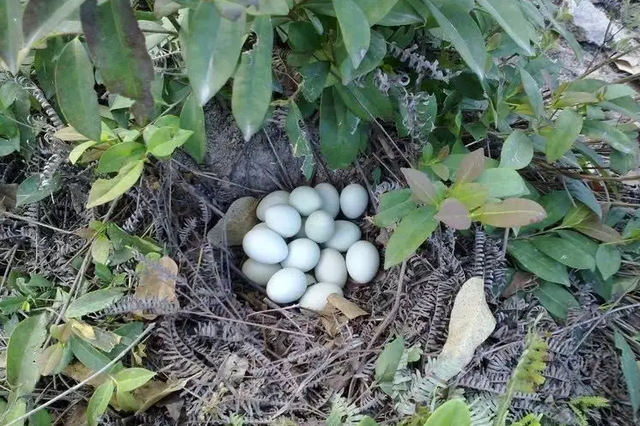
Third: Most birds. Apart from the parasitic sparrows and the pheasants that run free in the fields, most other birds still prefer to nest in trees, but whether in urban or rural areas, birds usually choose their nesting sites away from areas of frequent human activity.
They also choose to nest in leafy, small branches, which are usually covered by dense foliage. The purpose of this is to make them less visible and to provide some protection from the rain, so we will hardly notice their nests until the leaves fall off.
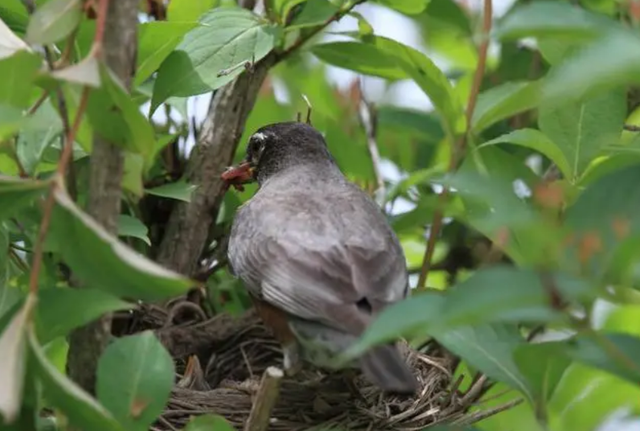
Apart from that, birds living in the city have changed their habits to a certain extent, for example, some birds will build nests on people's balconies, on some bonsai plants outdoors, etc. This is actually a change of habits for survival.
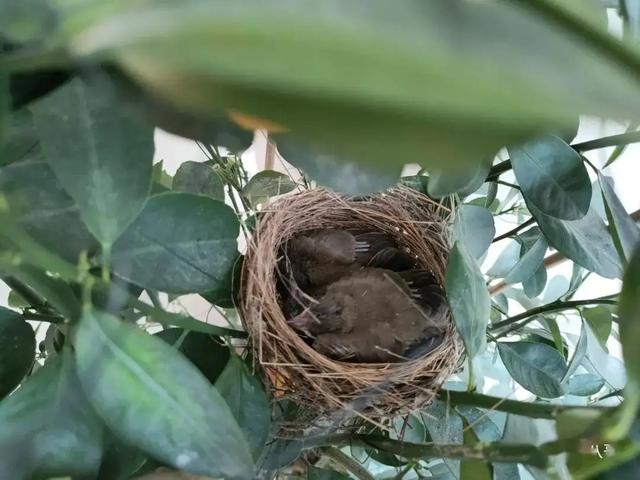
So, the reason why we rarely see bird nests is not only the concealment of nesting sites, but also the factor of fewer birds.


